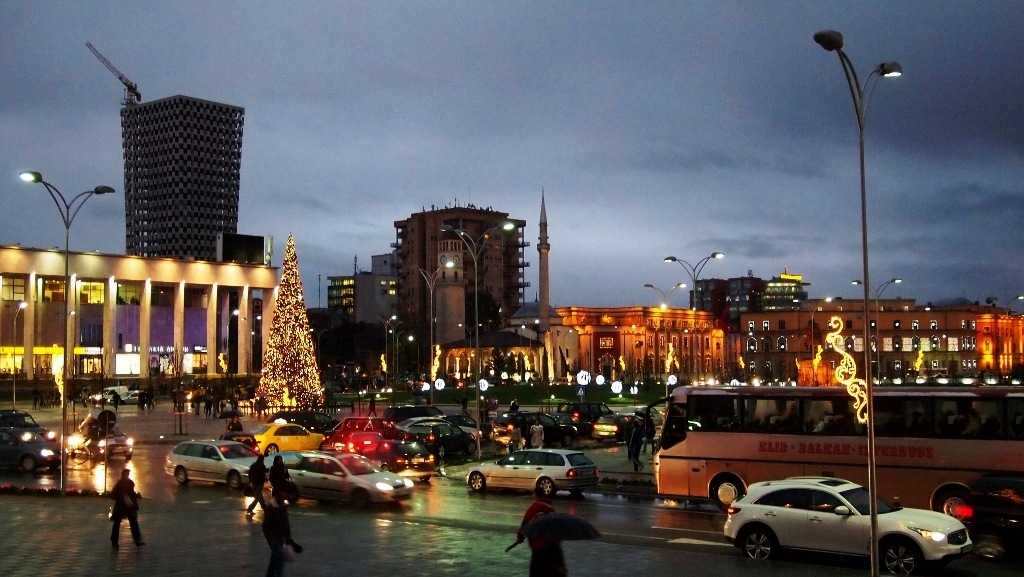Thursday, May 29th 2014

A survey by the Institute for Development Research and Alternatives, IDRA, said many Albanian were aware of people being promised gifts or favours in exchange for votes in elections.
“About 43 per cent of respondents declared they were aware of cases in which votes were promised in return for favours,” IDRA said in a statement on Wednesday.
“Voting ‘to keep their current job’; to ‘get a job after the elections’; and ‘in return for money or gifts’, are mentioned as frequent phenomena encountered by more than a third of the respondents,” it added.
The study, called “Freedom of Vote and Family Voting”, was based on a national survey of 2,000 respondents aged 18 years or older.
The objective was to elicit citizens’ opinion on different practices that might interfere with the freedom of voting, evaluate the occurrence of “family voting”, as well as understand and identify the factors behind such practices.
According to the survey, only 5 per cent of those who voted in the June 2013 parliamentary elections said they noticed cases in which the Voting Center Commission allowed more than one person into the voting booth.
The vast majority of respondents – 93 per cent – declared that they felt “completely free” when making their decisions on whom to vote for in the poll.
The study also found that the majority of the population in Albania, especially women, take little interest in politics.
One in three respondents said they were “not at all interested” in politics while an additional 18 per cent had very low levels of interest in these matters.
Only 18 per cent of respondents declare themselves “very interested” in politics and government.
The study also found that civic engagement, measured in terms of respondents’ declared membership of different political and civil society organizations, is weak.
Only 1 in 10 people declared they belonged to a political party, and only a negligible number declared their membership of a civil society organization or NGO./balkaninsight/
Etiketa: Albanians Promised Jobs for Votes, study finds



